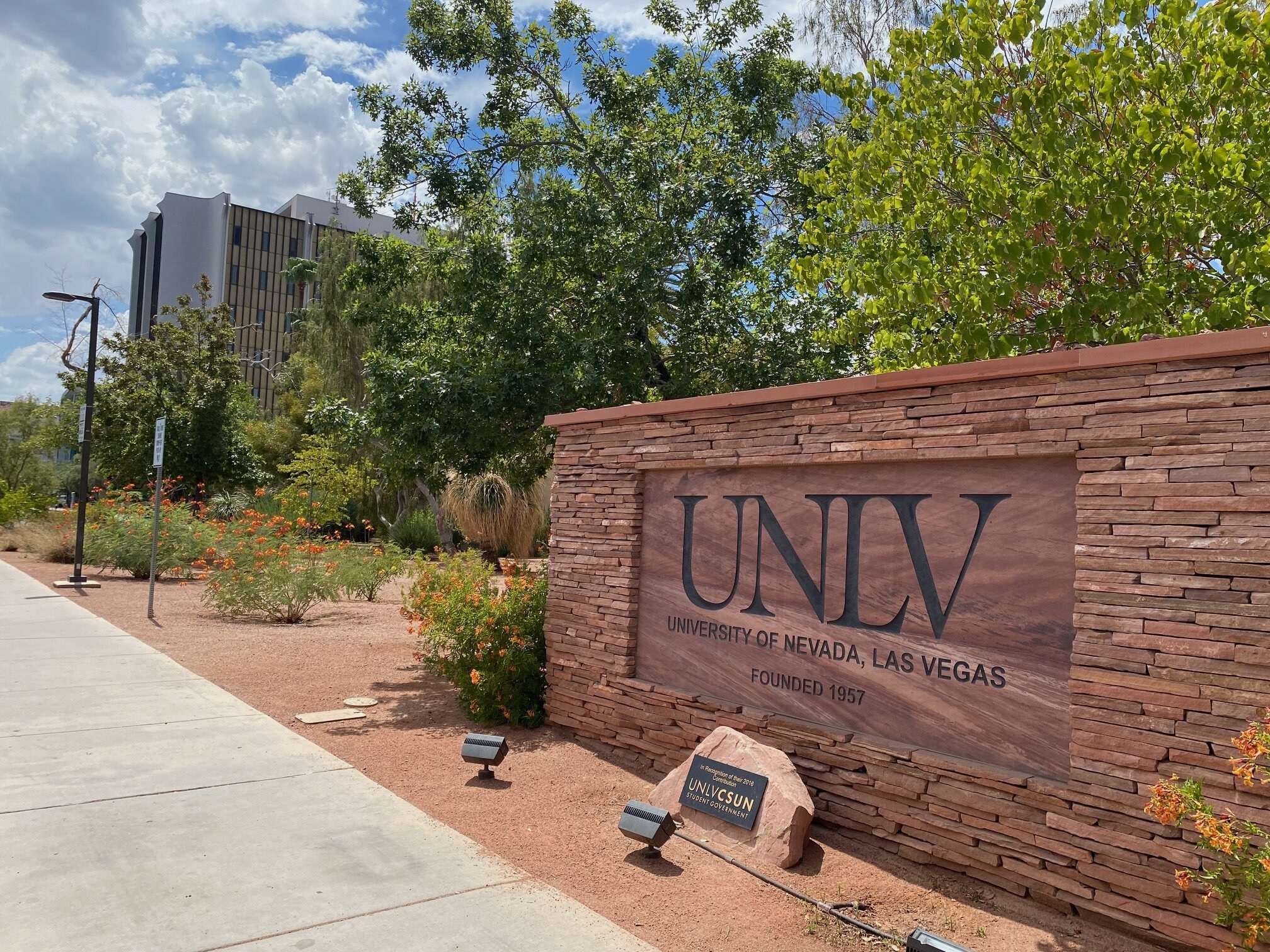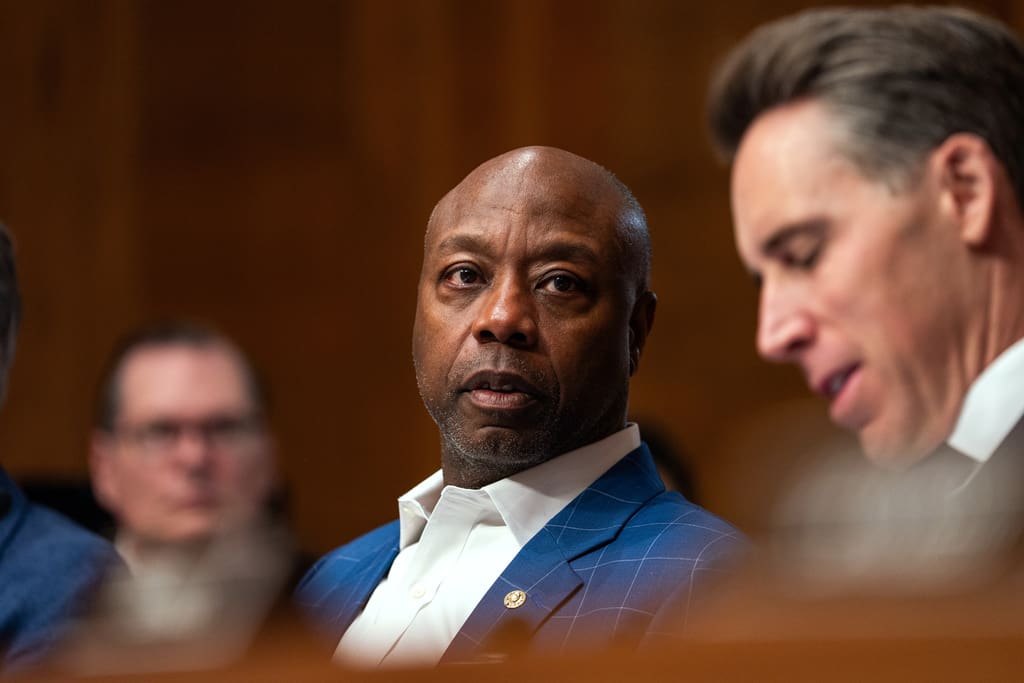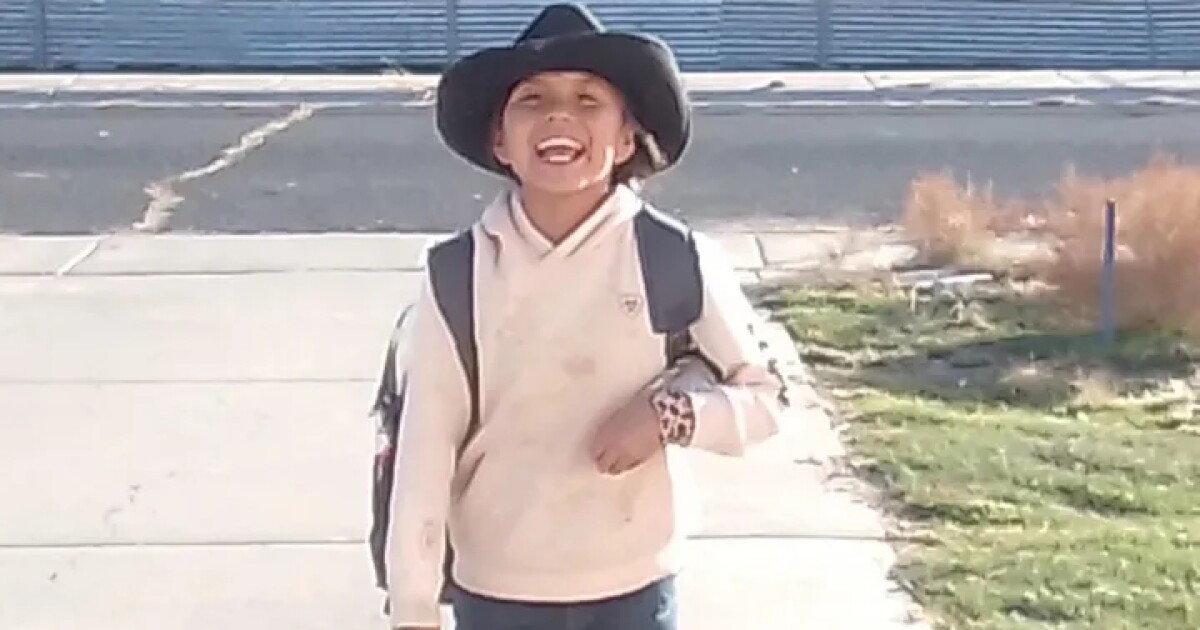In a move stirring significant debate, the Michigan House Republicans have advanced a controversial bill focusing on school restroom usage that aligns with sex assigned at birth. This legislative effort has highlighted transgender student rights as a central issue within the Michigan Legislature’s current session, marking it as a pivotal cultural debate in Lansing.
Earlier this year, the House approved another GOP-backed measure aimed at regulating transgender girl participation in high school sports. These legislative maneuvers appear to target Democratic lawmakers, pushing them into difficult voting positions or leading them to abstain from contentious votes. For instance, during Thursday’s session, six Democrats either missed or refrained from voting on the restroom bill, despite at least one being present for other votes that day.
The proposed legislation mandates that K-12 schools, public universities, and other educational entities restrict access to multi-occupancy restrooms and changing facilities based on the sex noted on a student’s original birth certificate. This bill has received substantial support from Republican representatives, with many citing religious beliefs as a fundamental reason for backing the proposal.
Representative Joseph Fox (R-Fremont), one of the bill’s sponsors, emphasized, “I believe, as do many parents, that a loving creator has made human beings in his image. I believe that the all-wise creator has created two biological sexes, male and female, equally dignified in his eyes, but distinctly different.”
In contrast, Democrats have criticized the bill as a diversionary tactic, arguing it exploits transgender youth for political leverage amidst unresolved state budget discussions. Representative Laurie Pohutsky (D-Livonia) denounced the bill, stating, “There’s been no meaningful work to get us any further away from a budget shutdown than we already are, but also it’s a violation of our civil rights act.”
Representative Emily Dievendorf (D-Lansing) further questioned the bill’s practicality, pointing out enforcement challenges without infringing on constitutional rights. Despite these criticisms, the legislation faces a bleak future as it moves to the Democrat-controlled Michigan Senate. Majority Leader Winnie Brinks (D-Grand Rapids) declared the bill “dead on arrival,” underscoring the Senate’s disinterest in pursuing it further.
As the budget deadline looms with the potential for a partial government shutdown, Democrats are likely to question the prioritization of such divisive bills over budget resolutions. For more details on the legislative developments, visit the original coverage here.
______________________
Additional Political Discussions
Minority Report: Democratic House Minority Leader Ranjeev Puri has expressed skepticism about reaching a budget agreement before the looming deadline, attributing the impasse to Republican Speaker Matt Hall. Puri shared these insights on Off The Record, a Michigan Public Television program. For more, watch the episode.
Fake Electors Case: A significant court hearing is set to determine if Republican insiders will face trial for alleged forgery and conspiracy related to the 2020 presidential election. The case centers on a group falsely presenting themselves as official electors. For a detailed report, refer to Steve Carmody’s coverage here.
Rogers’ Call to Mayor Duggan: Republican Senate candidate Mike Rogers has urged Detroit Mayor Mike Duggan to solicit federal assistance from President Trump to address crime in Detroit. This appeal has sparked reactions from Democratic Senate candidates, highlighting the contentious nature of crime management strategies in urban settings. For further details, Todd Spangler of the Detroit Free Press provides more context here.
—
Read More Michigan News










